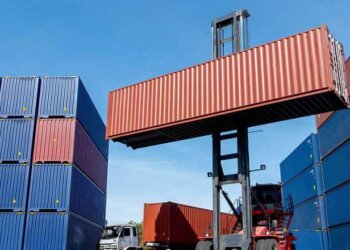The rising number of late payments on Buy Now Pay Later (BNPL) loans creates worries about customer debt issues because economic strain and payment difficulties face young borrowers.
The first-quarter credit losses of Swedish fintech firm Klarna increased by 17% to $136 million compared to last year’s corresponding period. The increasing numbers of delinquent BNPL customers observed by LendingTree and Bankrate indicate that consumer financial stability is worsening according to recent data.
The market for Buy Now Pay Later (BNPL) services which enables installment payments for purchases saw rapid growth during recent years. Rising U.S. consumer debt reached $18.2 trillion and Trump administration federal student loan repayment resumed while signs of stress particularly affect young lower-income users.
The Federal Reserve discovered through its study that BNPL consumers tend to pay overdraft fees and maintain credit card balances mostly among Black and Hispanic women. The researchers stated that although BNPL expands credit access it creates potential financial strain for people who are already at risk.
The study concludes that although BNPL services deliver ease of use they motivate consumers to make purchases that exceed their budget.
Klarna stated that the increased losses directly correlate to the expansion of its loan portfolio. The company observed no evidence that U.S. consumer stability has deteriorated as unpaid loan rates rose from 0.51% to 0.54% globally.
The rise in delinquency rates at low levels indicates upcoming difficulties according to market experts. The combination of inflation and high interest rates creates increased danger of defaults mainly affecting short-term unsecured credit products.
The BNPL sector experiences growing regulatory attention due to concerns about marketing methods as well as terms clarity and hidden debt accumulation. Several legislators introduced draft legislation that advocates for enhanced disclosure regulations and credit reporting standards for BNPL financial institutions.
The sustainability of BNPL operations in mature economic periods depends on how well providers balance risk management with consumer accessibility.










